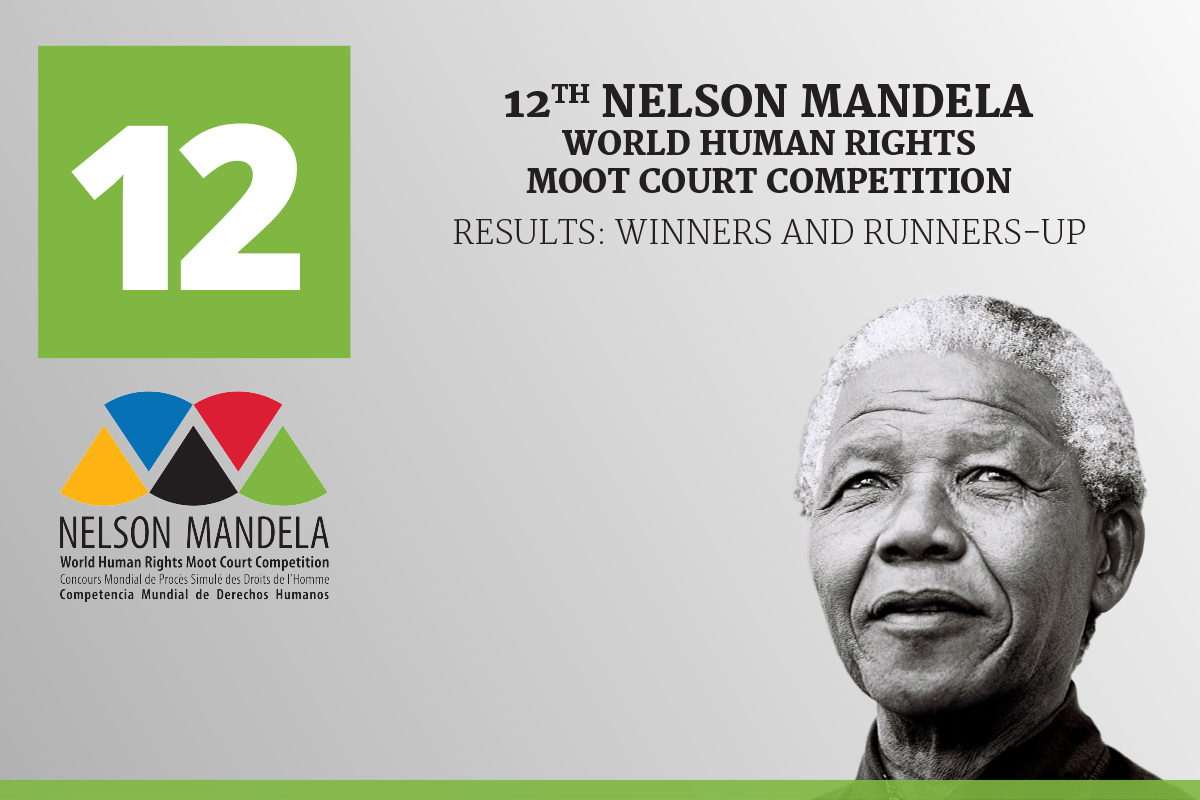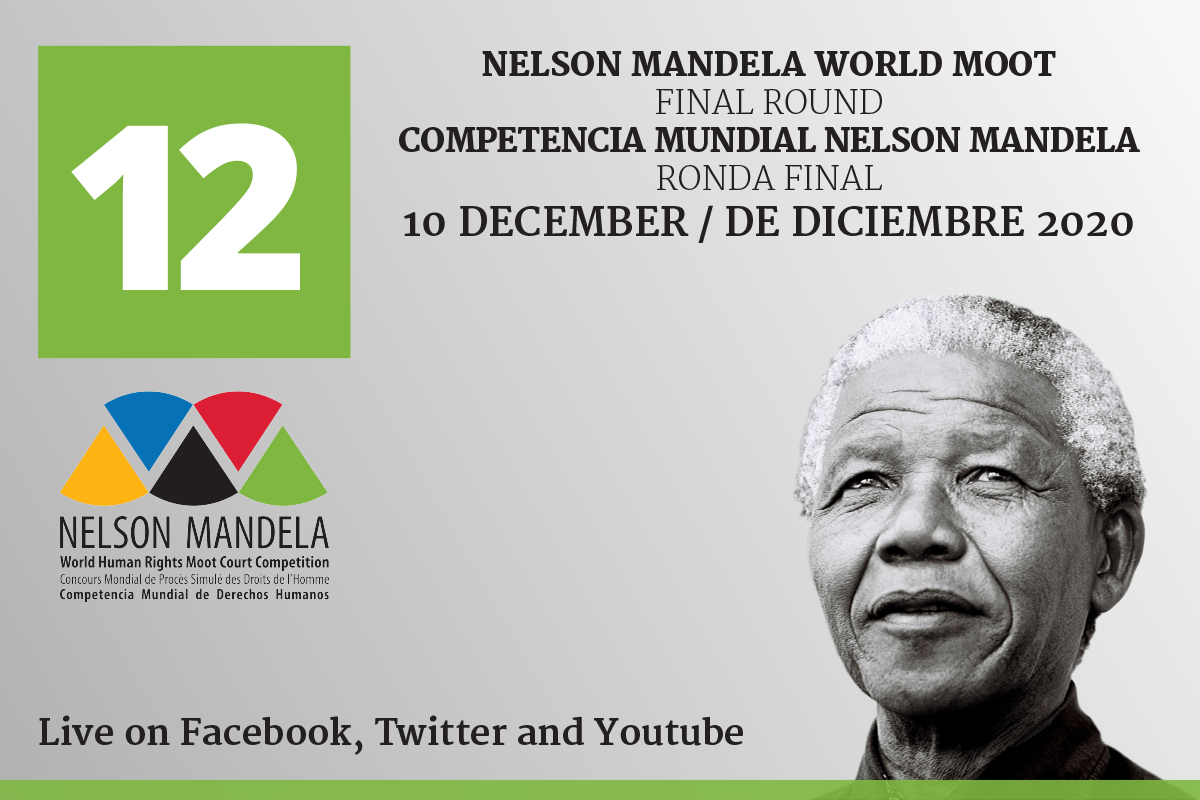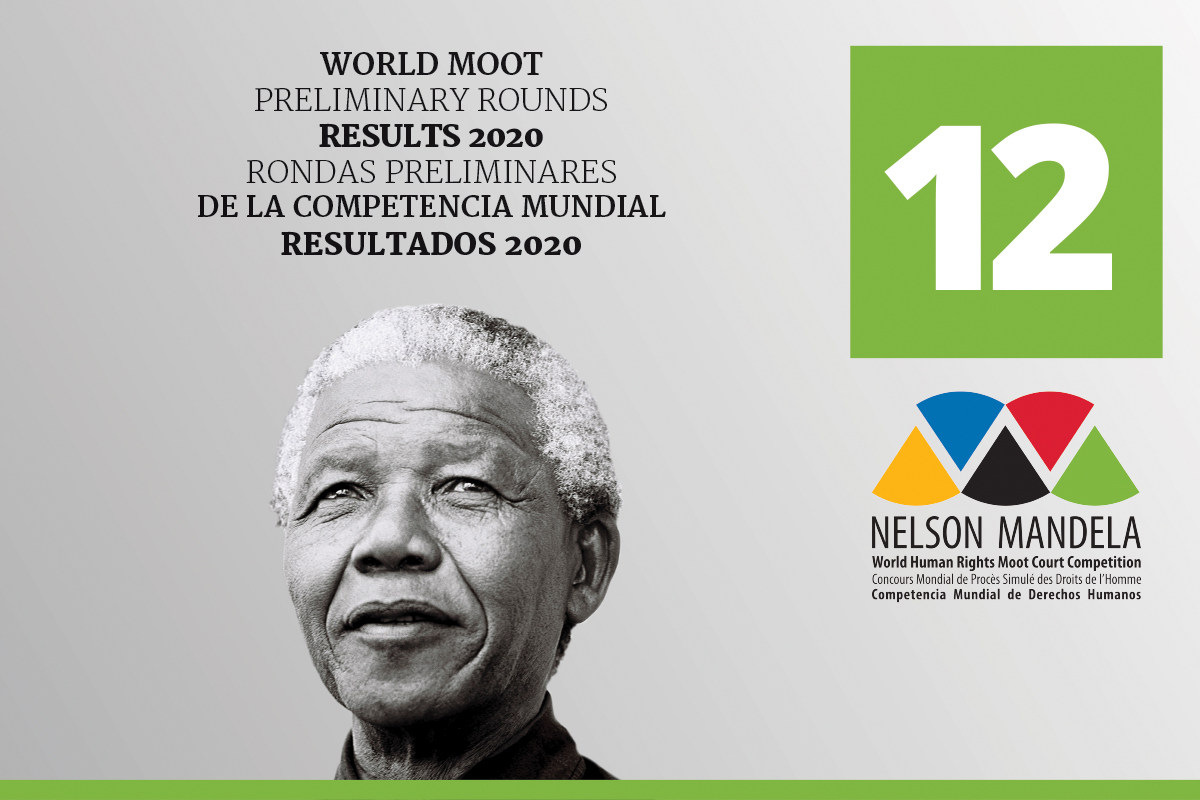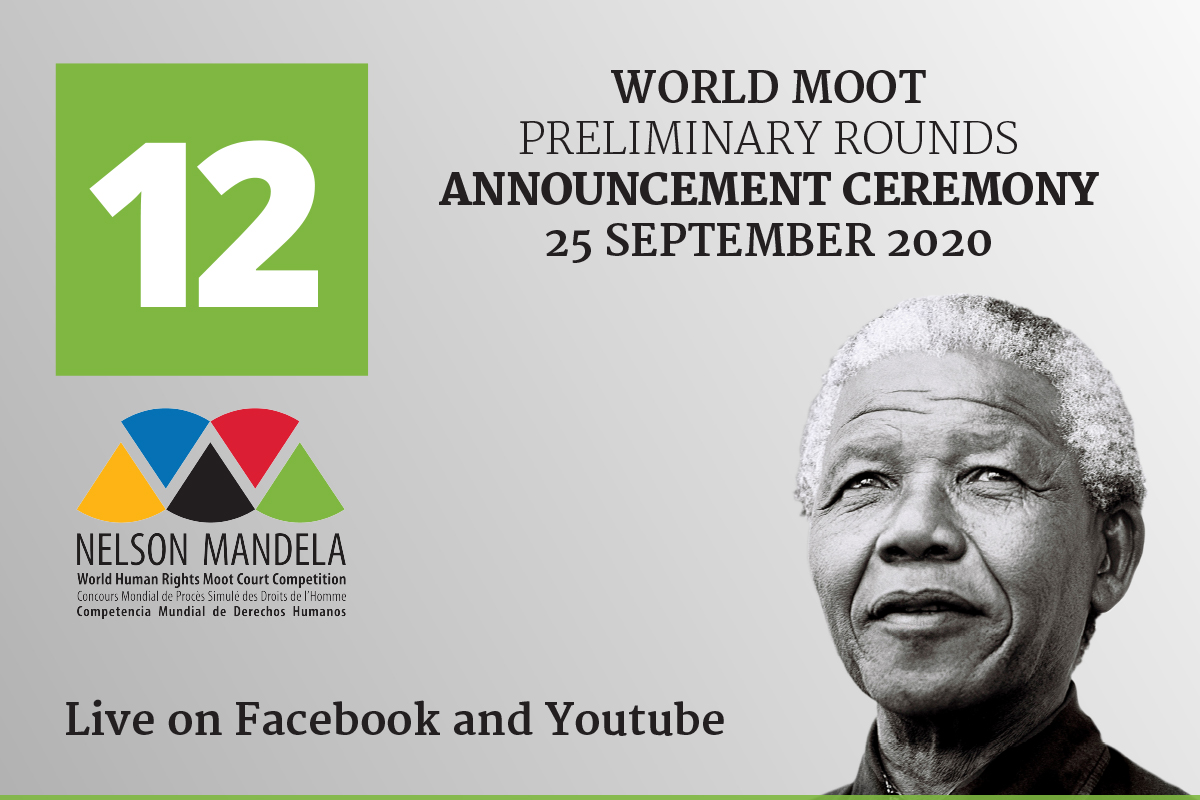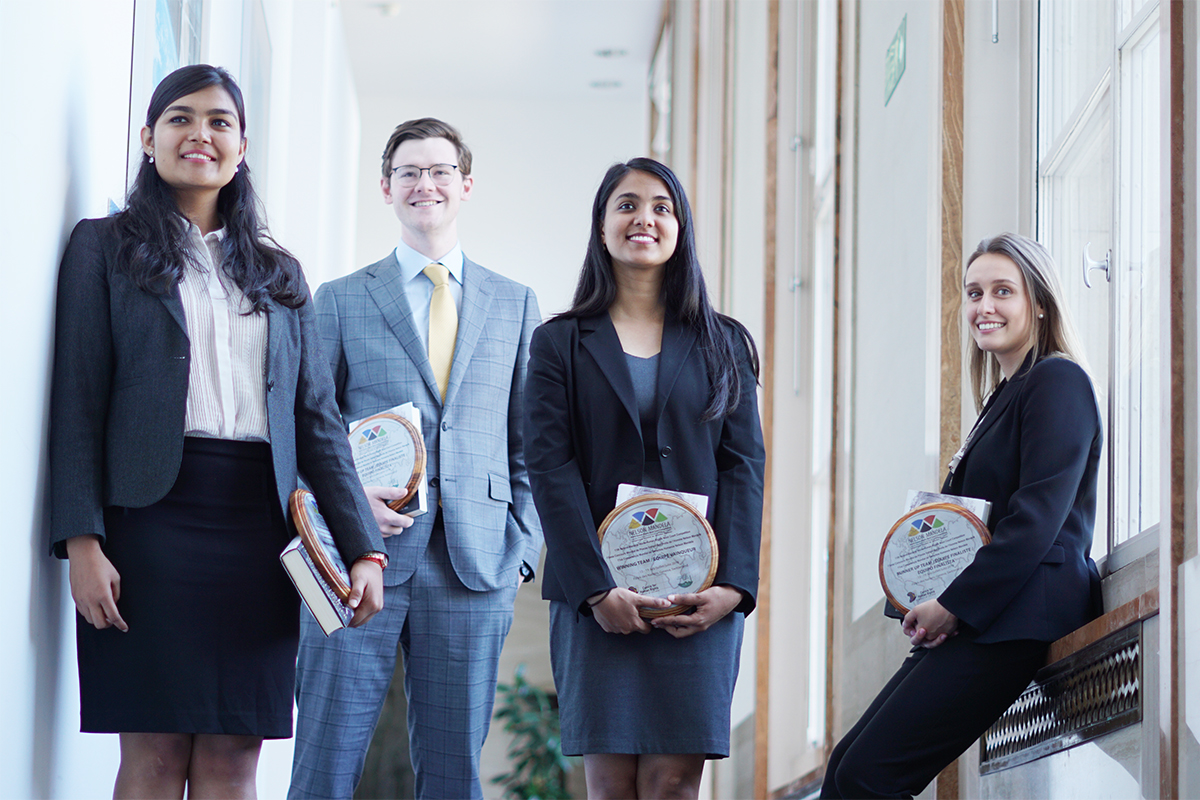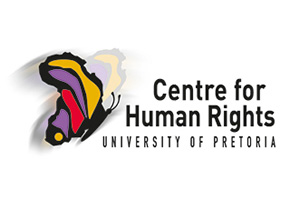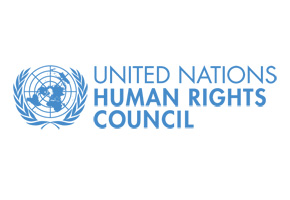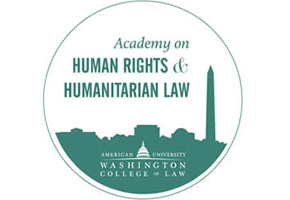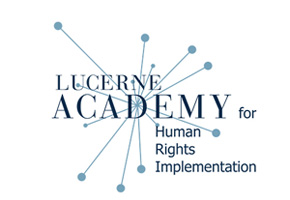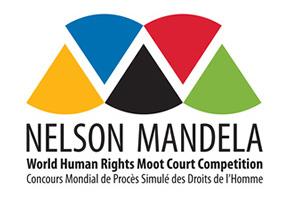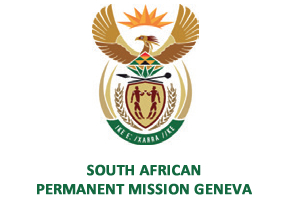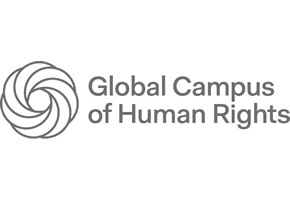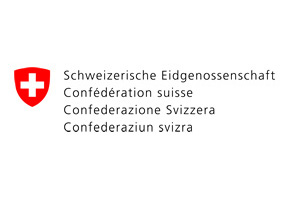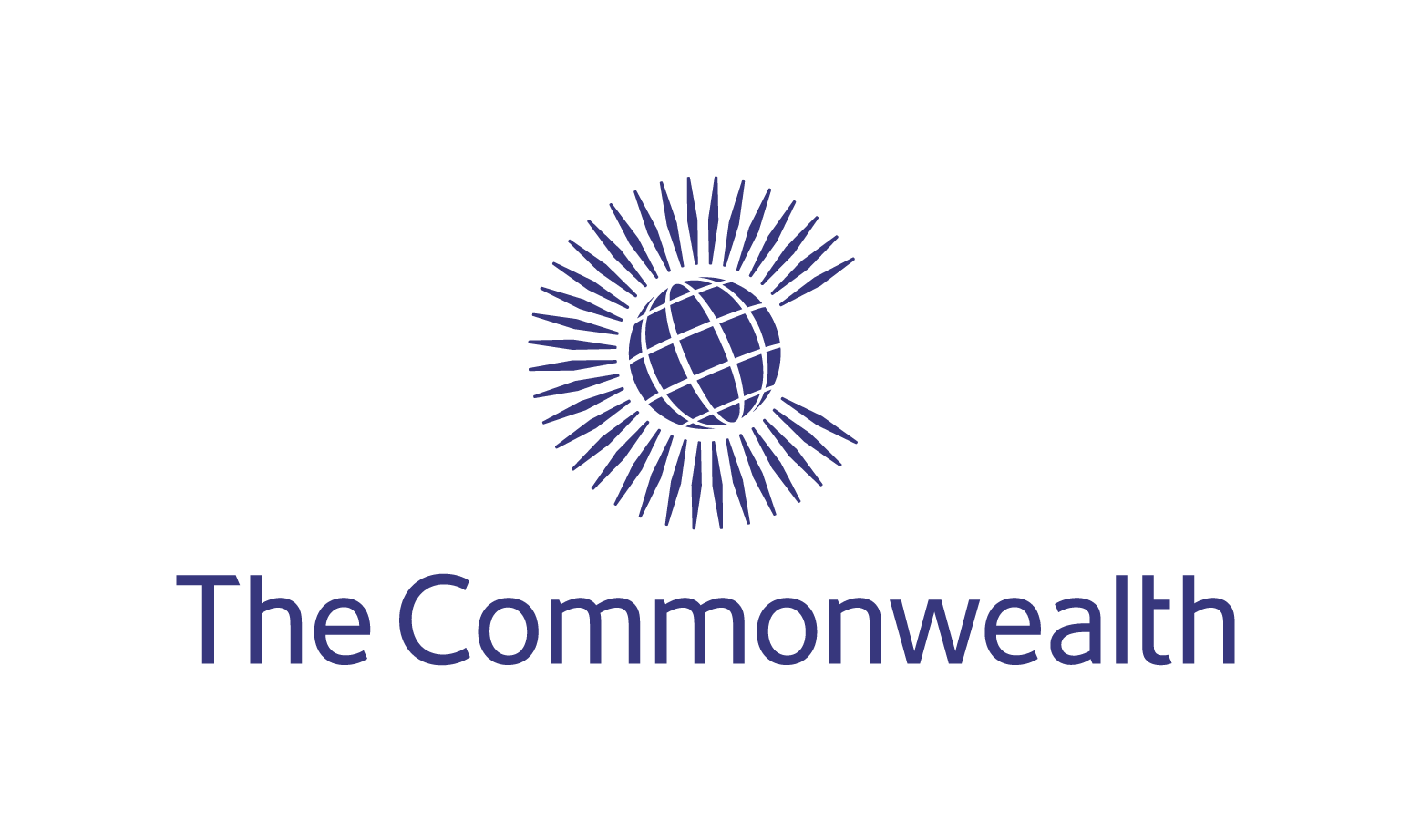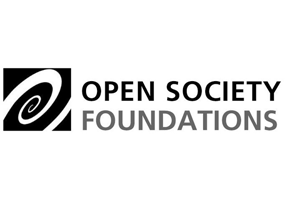Virtual Online Rounds
19 September - 10 December 2020
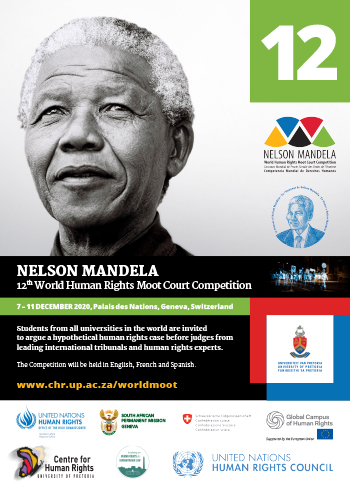 The 12th Nelson Mandela World Human Rights Moot Court Competition, was held virtually (online) from 19 September to 10 December 2020. The Competition is presented by the Centre for Human Rights based at the Faculty of Law, University of Pretoria, in partnership with the Academy on Human Rights and Humanitarian Law, Washington College of Law, American University and the United Nations Human Rights Council Branch (HRCB) at the Office of the High Commissioner for Human Rights (OHCHR).
The 12th Nelson Mandela World Human Rights Moot Court Competition, was held virtually (online) from 19 September to 10 December 2020. The Competition is presented by the Centre for Human Rights based at the Faculty of Law, University of Pretoria, in partnership with the Academy on Human Rights and Humanitarian Law, Washington College of Law, American University and the United Nations Human Rights Council Branch (HRCB) at the Office of the High Commissioner for Human Rights (OHCHR).
Final Round Result Press Statement: COVID-19
Download programme Download invitation
This year's Competition saw 44 teams (39 English-language and 5 Spanish-language teams) participating for the coveted eight quarter-finalists positions places. Although the Competition is open to French-language teams, regrettably, only two teams submitted its memorials (Ecole Superieure des sciences de Pierre Elliot Trudeau (Esseget) and Catholic University of Bakavu).
The Competition will be held in English, French and Spanish.
About the Competition
The World Moot is open to undergraduate and masters students from all universities in the world. Teams of two students (gender diversity is encouraged) from every university in the world are invited to submit heads of argument for a hypothetical human rights case. The 50 teams with the highest memorial grades are invited to participate in the preliminary oral rounds and present their arguments to human rights experts and judges of international tribunals at the UN headquarters in Geneva.
The Moot Court Competition is the largest gathering of students, academics and judges around the theme of human rights in Africa. The Competition is open to students around the world. A team of two students from each university – preferably one woman and one man (gender diversity is encouraged) – is invited to participate in the competition.
The best 10 teams from each UN region are then invited to participate in the pre-final, quarter-final, semi-final and final rounds of the Competition in Geneva. Teams then have to argue the two sides of the hypothetical case, representing, alternatively, both the Applicant and the Respondent before a ‘bench’ of human rights experts.
The eight best teams proceed to the quarterfinal rounds, which is presided over by judges from international courts and tribunals. The Competition is presented in English, French and in Spanish.
As part of the week-long Moot Competition, an Annual Nelson Mandela Human Rights Lecture is held. In 2019 the inaugural Annual Nelson Mandela Human Rights Lecture was held on 18 July. Retired Justice Albie Sachs – an apartheid struggle icon and former judge of the Constitutional Court of South Africa - delivered the lecture, along with H.E. Michelle Bachelet, the United Nations High Commissioner for Human Rights. In light of the postponement of the World Moot to December 2020, the second Annual Nelson Mandela Lecture will not be presented in 2020.
Animation of the case to be argued at the 12th Nelson Mandela World Human Rights Moot Court Competition (2020)
Documents 2020
![]() World Moot 2020 English Team Round Allocation (Courts A & C)
World Moot 2020 English Team Round Allocation (Courts A & C)
Please note all times are SAST - updated 18 September 2020![]() Hypothetical case to be argued
Hypothetical case to be argued ![]() Clarification of facts
Clarification of facts ![]() Official Rules
Official Rules ![]() Appendix A: Memorial Cover Page
Appendix A: Memorial Cover Page ![]() Appendix B: Memorial Scoring Sheet
Appendix B: Memorial Scoring Sheet
![]() Appendix C: Instructions to Judges
Appendix C: Instructions to Judges
![]() Appendix D: Scoring Sheet
Appendix D: Scoring Sheet
English Language Rounds
Ten best memorials
Teams qualify for participation based on their written memorials. The highest marks for memorials were awarded to the following teams:
- Army Institute of Law (India)
- University of Buenos Aires (Argentina)
- Maharashtra National Law University (MNLUM) (India)
- Ruhr-University Bochum (Germany)
- Gujarat National Law University (India)
- Belarusian State University (Belarus)
- Geneva Academy of International Humanitarian Law (Switzerland)
- University College Roosevelt (Netherlands)
- Brac University (Bangladesh)
- RML National Law University Lucknow (India)
Ten best oralists
- Jerald Tan (National University of Singapore, Singapore)
- Thean Ern Chew (University of Malaya, Malaysia)
- Kainat Singh (Army Institute of Law, India)
- Sushrut Royyuru (University of Oxford, United Kingdom)
- Eugene Kanyugo (Strathmore University, Kenya)
- Saradha Lakshmi Hariharan (University of Malaya, Malaysia)
- Lívia Feitosa Dantas (Pontifical Catholic University of Paraná, Brazil)
- João Gabriel Archegas (Pontifical Catholic University of Paraná, Brazil)
- Vanaj Vidyan (RML National Law University Lucknow, India)
- Ariel Tan (National University of Singapore, Singapore)
Ten best teams in preliminary rounds
- University of Malaya (Malaysia)
- National University of Singapore (Singapore)
- Pontifical Catholic University of Paraná (Brazil)
- University of Oxford (United Kingdom)
- Strathmore University (Kenya)
- Army Institute of Law (India)
- Kenyatta University School of Law (Kenya)
- Centro Universitário de Curitiba (Brazil)
- Gujarat National Law University (India)
- Liberty University (USA)
Spanish Language Rounds
Three best memorials
The highest marks for memorials were awarded to the following teams:
- Universidad Católica San Pablo – Unidad Académica Regional Cochabamba (Bolivia)
- Universidad Nacional de Mar del Plata (Argentina) & Faculdad de Derecho y Ciencias – Universidad Nacional del Este (Paraguay) (tie between the two teams)
Five best oralists
- Christopher Lara (Universidad Central del Ecuador, Ecuador)
- Maria Laura Baya Penaloza (Universidad Católica San Pablo/Cochabamba, Bolivia)
- Alan Rene Dominguez Larrosa (Universidad Nacional del Este, Paraguay)
- Ramiro Rodriguez (Universidad Nacional de Mar del Plata, Argentina)
- Lucia Serrano Rocabado (Universidad Católica San Pablo/Cochabamba, Bolivia)
Three best teams in preliminary rounds
- Universidad Católica San Pablo – Unidad Académica Regional Cochabamba (Bolivia)
- Universidad Central del Ecuador (Ecuador)
- Universidad Nacional de Mar del Plata (Argentina)
Best memorials from 2020
![]() Hypothetical case
Hypothetical case ![]() Applicant (University of Buenos Aires - Argentina)
Applicant (University of Buenos Aires - Argentina)
![]() Respondent (University of Buenos Aires - Argentina)
Respondent (University of Buenos Aires - Argentina)
Invitations in all six of the official UN languages
![]() Invitation letter 2020 (English)
Invitation letter 2020 (English)![]() Invitation letter 2020 (French)
Invitation letter 2020 (French)![]() Invitation letter 2020 (Spanish)
Invitation letter 2020 (Spanish)![]() Invitation letter 2020 (Arabic)
Invitation letter 2020 (Arabic)![]() Invitation letter 2020 (Russian)
Invitation letter 2020 (Russian)![]() Invitation letter 2020 (Chinese)
Invitation letter 2020 (Chinese)
Additional Information
For more information, please contact the Nelson Mandela World Moot Court Competition Coordinator, Eduardo Kapapelo, preferably by email at eduardo.kapapelo@up.ac.za always with copy to Project Assistant Ana Teresa Khatounian at ana.khatounian@up.ac.za
Organised by
- Centre for Human Rights, Faculty of Law, University of Pretoria
- Academy on Human Rights and Humanitarian Law, American University, Washington College of Law and,
- United Nations Human Rights Council Branch (HRCB) at the Office of the High Commissioner for Human Rights (OHCHR).
With the financial support of
- European Union through the Global Campus of Human Rights
- Permanent Mission of Switzerland to the United Nations Office and to the other international organisations in Geneva
- South African Permanent Mission to the United Nations Office in Geneva and
- The Regional Office for Southern Africa (ROSA) of the Office of the United Nations High Commissioner for Human Rights (OHCHR)

